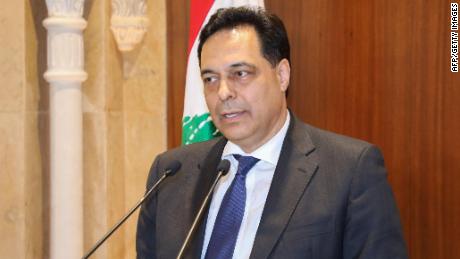Turkey votes in landmark presidential, parliamentary elections

After a surprise election call and a whirlwind campaign, Turkey on Sunday began voting in presidential and parliamentary elections that will usher in a new era of Turkish politics.
Recep Tayyip Erdogan has remained the clear favourite to win the presidential race, which would see him emerge with new executive powers granted by the 2016 referendum that saw Turkey vote to move to a presidential system.
With this system, we will achieve what others cannot imagine
– Recep Tayyip Erdogan
Erdogan and his closest rival, Muharrem Ince of the secular Republican Peoples Party (CHP), have both gone on the offensive in the final days of the campaign, speaking to up to five rallies a day.
"God willing, Turkey will start flying with this system … With this system, we will achieve what others cannot imagine," Erdogan said at a rally in Istanbul on Saturday morning.
Prominent pollster Gezici predicted that with 48 per cent of votes, Erdogan would just fall short of the 50 per cent mark needed to secure a first-round victory. He would be likely to face Ince, predicted to get 29 per cent of votes, in a second round run-off.
Erdogan has relied on his religious core to help him through 16 years of election wins (Reuters)
The banners and posters that had decorated Turkey for weeks were pulled down on Saturday afternoon, in line with rules that block campaigning and restrict reporting on election day.
The race is expected to be most closely contested in parliament, where the AKP and its Nationalist Movement Party (MHP) ally are trying to achieve a majority that would secure Erdogan's authority.
Polls are undecided about whether the AKP can meet that goal. An opposition majority would mean Erdogan facing greater opposition from parliament and potentially an attempt to revert to a parliamentary system.
Recent economic troubles have been expected to play a major role in voting intentions after the Turkish lira dropped to record lows against the US dollar and inflation surged over the past year.
READ MORE ►
Turkish elections: Where has Erdogan's 'economic miracle' gone?
Turkey's economic growth has remained among the highest of developing countries, however, and unemployment has dropped 1.6 per cent over the past year.
The opposition has frequently complained about the nature of media coverage, accusing the pro-Erdogan bulk of the media of a "blackout" that has damaged the chances for a fair election.
"There are 5 million people in Maltepe right now but none of the TV channels can show it," Ince said on Saturday.
The figures he claimed could not be independently verified, but images circulating on social media showed vast crowds of people assembled to hear Ince speak.
There has also been criticism raised over the ongoing imprisonment of the pro-Kurdish Peoples Democratic Party (HDP) leader Selahattin Demirtas, charged with having links to the outlawed Kurdistan Workers Party.

Both camps have campaigned in a bid to win the presidency and majority in parliament (AFP/Reuters)
Demirtas has had to campaign from his prison cell through social media, and HDP claims that around 10,000 of its supporters and activists have been arrested since the end of the Kurdish peace process in 2015, impacting its ability to campaign.
Only in the final week before the election was Demirtas able to twice make appearances on TV.
The HDP's success has been highlighted as a key factor in the election because of a 10 per cent voter threshold parties have to reach in order to take up their seats in parliament. If they fail to reach that goal, many of their seats are expected to go to AKP, which could guarantee it a majority in parliament.
They have also raised concerns about the fairness of the vote itself after it was announced ballot boxes would be relocated "for security reasons" in some eastern and southeastern constituencies considered key for the HDP.
"Questions will find their answers late on June 24, but one thing is pretty certain: Turkey will be entering a very new era, whether through a change in the political leadership or through a change in the government system," wrote columnist Serkan Demirtas on in the English-language Hurriyet Daily News.
[contf]
[contfnew]

middle east eye
[contfnewc]
[contfnewc]




